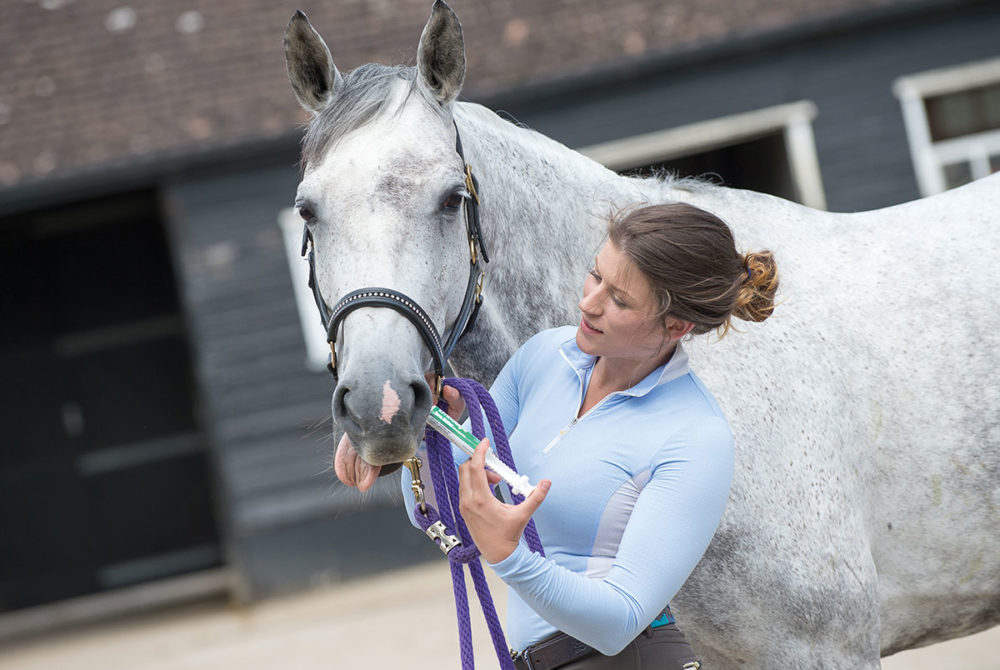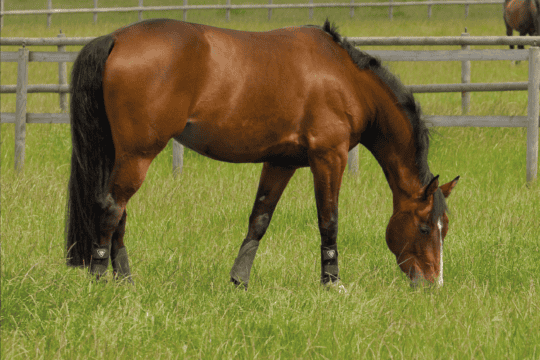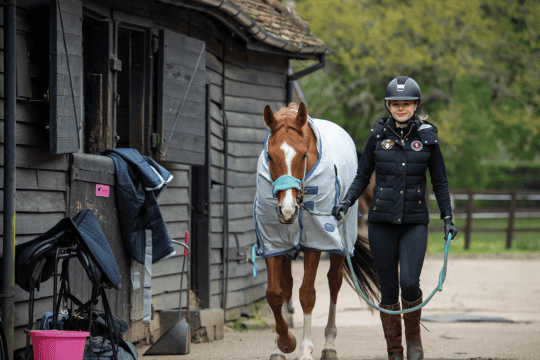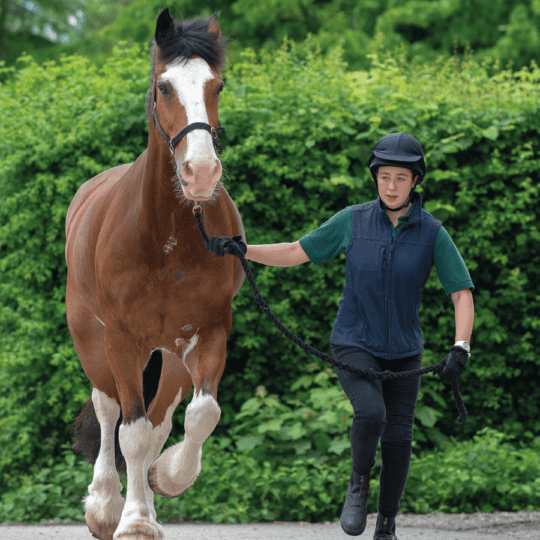Worming woes
Posted 1st February 2021
As a new season unfurls in front of you, you might find yourself reaching for the same standard wormer you use every year – but is there a better way? H&R investigates the options

The conversation around worming schedules has evolved an enormous amount over the last few decades, but many horse owners still rely on outdated rotas to administer these powerful drugs to their charges. The problem with this method? The traditional one-size-fits-all approach fails to address individual concerns and worm burdens, and even worse, regularly administering the same de-wormer actually works against you, because a few extra-tough worms in each generation will survive the dose and reproduce, creating offspring that are effectively immune to that formula.
If the thought of superworms is enough to put you off your breakfast, our tried-and-tested advice will help you best tackle your horse’s first worming of 2021.
Winter’s worst suspects
For most horses, winter means reduced grazing. In theory, this should mean a lower risk of a worm burden, as most worms are transmitted through grazing. But a number of factors can affect this, and tapeworms and pinworms don’t rely on grazing as a means of transmission.
Tapeworms were traditionally dosed against in autumn and spring, though to beat the risk of wormer resistance, it’s best to instead test for a burden with a saliva-testing kit and then treat if the results show an infection. Pinworms, which are harder to test for, should only be treated for if you suspect a current burden. Pinworms lay their eggs around the horse’s anus, which will lead to itching – so if your horse has picked up this annoying habit, as evidenced by a rubbed tail, you’ll need to provide treatment in the form of a double dose of pyrantel or a longer course of fenbendazole.
Count it out
Many large yards still follow a set worming rota that sees them through the year, in order to best manage their equine residents’ needs with minimal fuss. But if you’re in a position to customise your horse’s routine, you’ll likely find you can maximise the effectiveness of your regime by scrapping the rota in favour of faecal worm egg counts (FWEC) to ascertain whether you need to dose or if you’re better off sitting this one out.
Pick up a copy of Spring Horse&Rider, on sale 4 February 2021, to plan this year’s worming routine.










